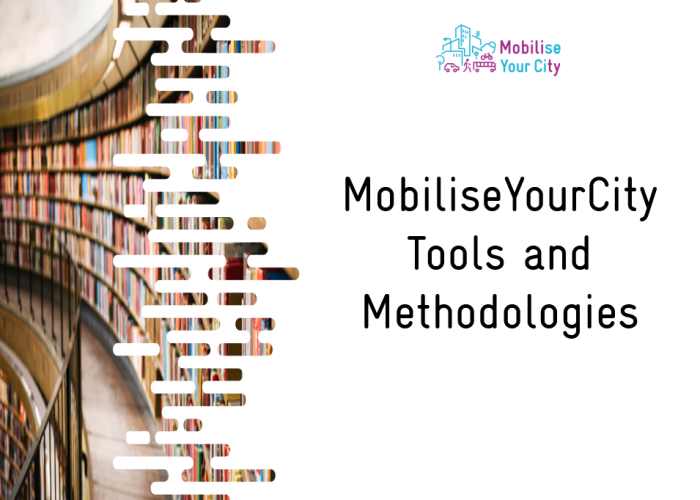MobiliseYourCity Tools, Methodologies and Training Materials

Tools, Methodologies and Training Materials
- SUMP
- NUMP
Reports & Case Studies
CHEVRE Antoine
Transport Team Leader
Public Transport Integration and Transit Alliance - GIZ SUTP
In many cities, public transport is not attractive and quantity and quality are not keeping pace with population growth and social expectations. The shortage of reliable and affordable public mobility options is an obstacle to the sound economic development of cities and regions, as new jobs are often created far away from residential areas. This leaves many inhabitants without sufficient access to income opportunities, markets, education and thus are significantly excluded from appropriate participation in the society.
Where there is a lack of appropriate public transport services, mobility is largely provided by motorised two-wheelers, private cars and minibuses – or people have to walk inappropriate distances. An increasingly motorised population leads to heavily congested roads when no stringent countermeasures are taken. Building more and wider roads does not provide relief nor speed up travel time, because every infrastructure expansion induces additional traffic. Short-term gains in travel time are quickly eaten up in the midterm, as new capacities attract new traffic. Further, motorised individual transport comes with high direct and indirect (or external) costs, as high traffic volumes impact air quality, accident rates and noise levels, and lead to considerable time losses.